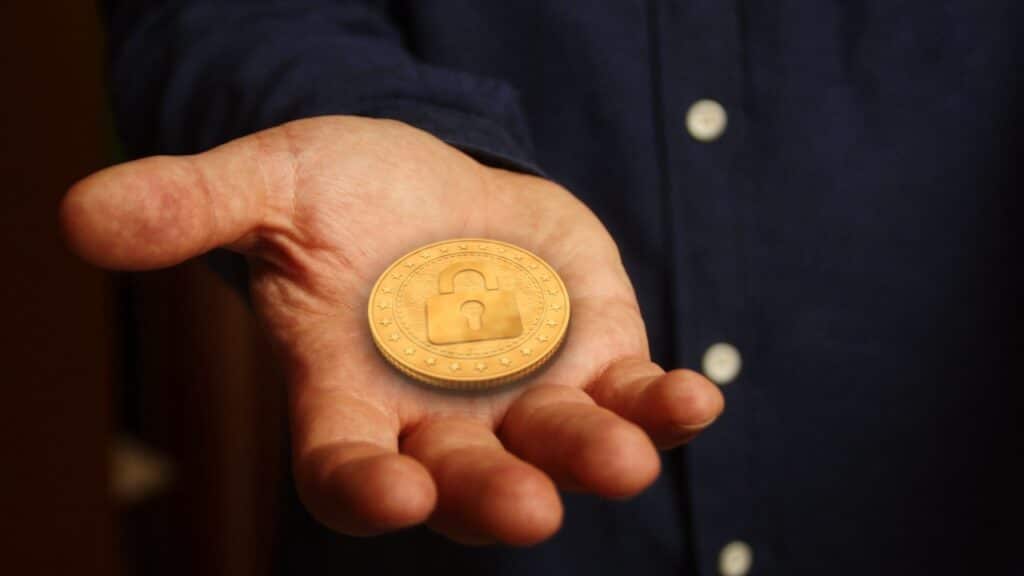Did you experience significant loss due to crypto theft, hacking or a scam?

Did you experience a significant financial loss due to a Bitcoin scam, cryptocurrency hack or theft? You may be eligible to seek compensation through a crypto class action lawsuit. Fill out the form on this page to learn more.
Theft remains a significant threat to crypto investors across the U.S. In 2024 alone, criminals stole more than $2.2 billion worth of cryptocurrency, according to Chainalysis.
Scammers and hackers use various tactics to unlawfully access crypto holdings, from hacking personal wallets to impersonating trusted sources and tricking people into sending Bitcoin or other digital assets. Because of how cryptocurrency networks operate, recovering stolen funds is often extremely difficult — and in many cases, impossible.
If you personally lost $250,000 or more in cryptocurrency within the past 12 months due to a hack, scam or theft, you may qualify to join a Bitcoin class action lawsuit investigation. This legal action is designed to help victims recover their losses and begin the process of financial restoration.
Do you qualify?
If you are a U.S.-based crypto investor who lost at least $250,000 worth of cryptocurrency due to a hacking incident, scam or theft, you may be eligible to take part in a class action lawsuit investigation. Use the form on this page to check if you qualify for a crypto lawsuit.
Fill out the form on this page for more information.
Types of cryptocurrency scams and hacks
Cryptocurrency scams come in many forms — some high-tech, others built on emotional manipulation. If you lost money in any of the scams below, you may qualify for this cryptocurrency class action lawsuit.
- Wallet hacking: Scammers use phishing, spoofing, malware, or stolen credentials to drain your crypto wallet.
- Investment scams: Fraudsters promise guaranteed returns or “no risk” investments — classic red flags in any financial market.
- Romance scams: Scammers build fake online relationships and then convince victims to send crypto “to help.”
- Job impersonation scams: Posing as company reps, these scammers trick victims into paying for fake products or services.
- Celebrity impersonators: Using fake profiles of public figures, scammers lure people into sending crypto for fake giveaways or endorsements.
- Blackmail/extortion scams: Victims are threatened with the release of personal information or images unless they send cryptocurrency.
If you were targeted in one of these scams — or a similar crypto scheme — you may be eligible to join this crypto class action lawsuit.
Who qualifies for a cryptocurrency lawsuit?
If you lost a significant amount of money in a crypto-related scam, hack or theft, you may qualify to join a cryptocurrency class action lawsuit.
To be eligible, you must meet the following criteria:
- You personally lost more than $250,000 in a crypto-related incident. This must be money you invested — not fake profits or returns the scammer claimed you earned.
- The losses occurred within the past 12 months. This includes all the events that led to your financial loss.
- Your loss was due to a hack, theft, scam or fraud.
You are a U.S. citizen. At this time, this investigation is only open to legal citizens of the United States.
If this sounds like your situation, you may be able to pursue compensation through a crypto class action lawsuit.
How to join a crypto theft class action
If you lost a significant amount of money in a cryptocurrency scam, hack or theft, you may qualify to join a class action lawsuit seeking compensation.
To get started, simply fill out the form on this page. A legal team will review your situation and determine if you qualify to participate. There is no cost to submit your information, and your story could help strengthen the case against those responsible.
Fill out the form on this page to see if you qualify for a free case evaluation.
See If You Qualify
Join a cryptocurrency theft class action lawsuit investigation
Filling out this form is quick and easy. It only takes a few minutes to see if you qualify.
After you fill out the form, an attorney(s) or their agent(s) may contact you to discuss your legal rights.
ATTORNEY ADVERTISING
The choice of a lawyer is an important decision and should not be based solely on advertisements.
PAID ATTORNEY ADVERTISEMENT: THIS WEB PAGE IS AN ADVERTISEMENT AND THE PARTICIPATING ATTORNEY(S) ARE INCLUDED BECAUSE THEY PAY AN ADVERTISING FEE. Top Class Actions is not a law firm, lawyer referral service, or prepaid legal services plan. We do not endorse or recommend any third-party claims processing company, lawyer, or law firm who participates in the network. We do not make any representation, and have not made any judgment, as to the qualifications, expertise, or credentials of any participating lawyer or processing group. No representation is made that the quality of the legal services or claims processing to be performed is greater than the quality of legal services or claims processing performed by other lawyers or claims processing group. The information contained herein is not legal advice. Any information you submit to Top Class Actions does not create an attorney-client relationship and may not be protected by attorney-client privilege because Top Class Actions is not a law firm. Instead, your information will be forwarded to an attorney(s) or their agent(s) or a claims processing firm for the purpose of a confidential review and potential representation if you qualify. You will only be contacted by an attorney(s) or their agent(s) in response to your inquiry if your initial information appears to qualify you for representation. If you are not contacted by an attorney(s) or their agent(s) within one week, you should consult another firm since all legal claims are subject to filing deadlines. All photos on this website are stock art and do not depict clients.












